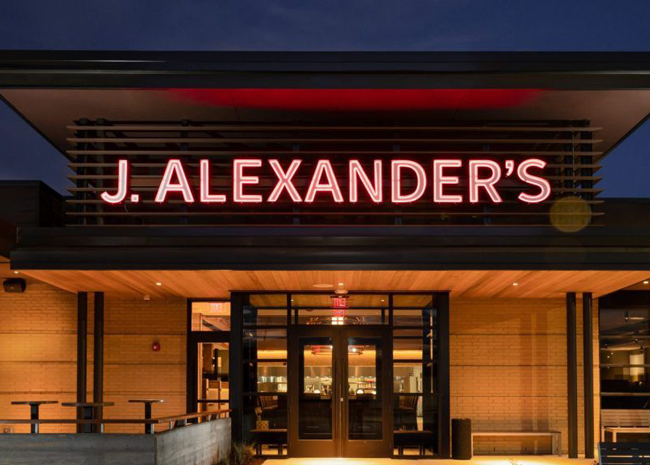Doug Jacob is co-owner of TORO restaurantin New York (above), as well as JWALK, a New York-based creative and branding agency. The team’s first full-service restaurant and the first of several units in development under the TORO brand, the New York project taught some hard-learned lessons in value engineering. Jacob recently shared a few of the biggest learnings that his team is now applying to subsequent build outs, which, he says, are being accomplished for a fraction of the cost:
 (Photo courtesy of Toro)
(Photo courtesy of Toro)
• It starts with understanding the overall deal in the real estate, which ultimately translates to having to do less value engineering on materials later on. It’s tempting to fall in love with a space and with the notion of its future potential instead of concentrating on the reality of today. But when you’re investing capital, you have to remember you’re dealing with the reality of today and the potential for ROI.
• With a first restaurant you tend to focus your design energy on aesthetics but you quickly learn the importance of designing for functionality and durability of materials first and then making sure the aesthetics work. It’s a different way of looking at things. Do you really need that beautiful, high-end flooring to extend behind the bar? No. Put the money into touch points that impact the guest experience.
• Small operators need to depend on themselves, learn how to value engineer and be very careful when picking contractors and design partners. There are great designers out there with big names who do great work, but they might not be accessible or collaborative and can end up adding a lot of cost and frustration to the project.
• As you scale, the way to maintain costs is through process. How do you build the most detailed design documents that you can, internally, on aesthetics, materials used, materials that you’ll evolve to, things not to do, etc.? The more you can create a process and a guideline, the easier it is to manage costs.



